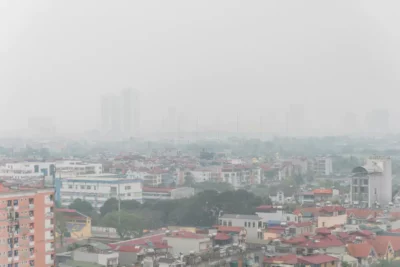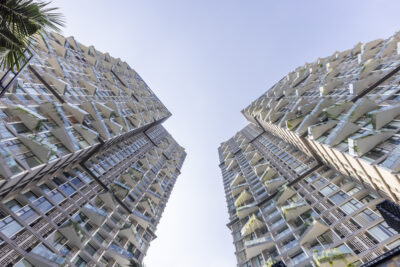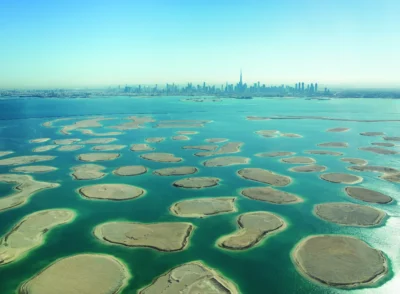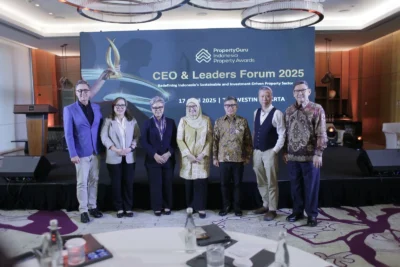Indian economy projected to reach $20 trillion by 2047
Despite looming global recessionary threats, the country’s economy has expanded at its fastest pace in a year

Despite looming global recessionary threats, the country’s economy has expanded at its fastest pace in a year. Since July 2021, the economy has gone down by 8.4 percent, 5.4 percent, and 4.1 percent respectively.
“Although the growth came to be a bit lower than RBI’s forecast of 16.2 percent… the growth has been driven by an increase in private consumption expenditure and gross fixed capital formation,” said Mohit Ralhan, CEO at TIW Capital Group.
More: Indian economy remains resilient despite global headwinds
The Hindu recently reported that Michael Debabrata Patra, Deputy Governor, Reserve Bank of India (RBI), noted that if India’s economy grows at a rate of 11 percent into the next decade, the country will become the second largest economy in the world not by 2031.
“Even if it does not sustain this pace and slows to four to five percent in 2040-50, it will become the largest economy of the world by 2060 [surpassing China],” said Patra.
According to Patra, India must concentrate on resolving four major issues: bridging the infrastructure gap, developing a highly skilled labour force, and making India greener and cleaner by increasing an estimated cumulative investment of USD10.1 trillion to meet net-zero commitments by 2070.
The Economic Times reported that India’s economy is projected to reach USD20 trillion by 2047. That is if its average annual growth stabilises between seven to 7.5 percent in the next 25 years.
By then, India is likely to become a developed nation if Prime Minister Narendra Modi’s targets are met.
The Property Report editors wrote this article. For more information, email: [email protected].
Recommended
Hanoi’s air pollution crisis: Balancing urban growth with environmental sustainability
Hanoi’s worsening annual toxic smog is highlighting the pressures of balancing sustainability with rapid economic growth
U.S. tariffs pose challenges to china’s housing market amid economic slowdown
Escalating US tariffs are expected to strain China’s slowing economic growth and dampen buyer confidence, creating trouble for the country’s housing market
Dewan Architects’ Mohammed Adib leads with human-centred design and technological innovation in the Middle East and beyond
Mohammed Adib channels his childhood curiosity and dislike for design uniformity into his work at Dewan Architects + Engineers
UAE real estate shifts focus to sustainability and quality, revitalising iconic projects
The UAE has risen from its challenges to emerge as a more sustainable, quality-focused destination






